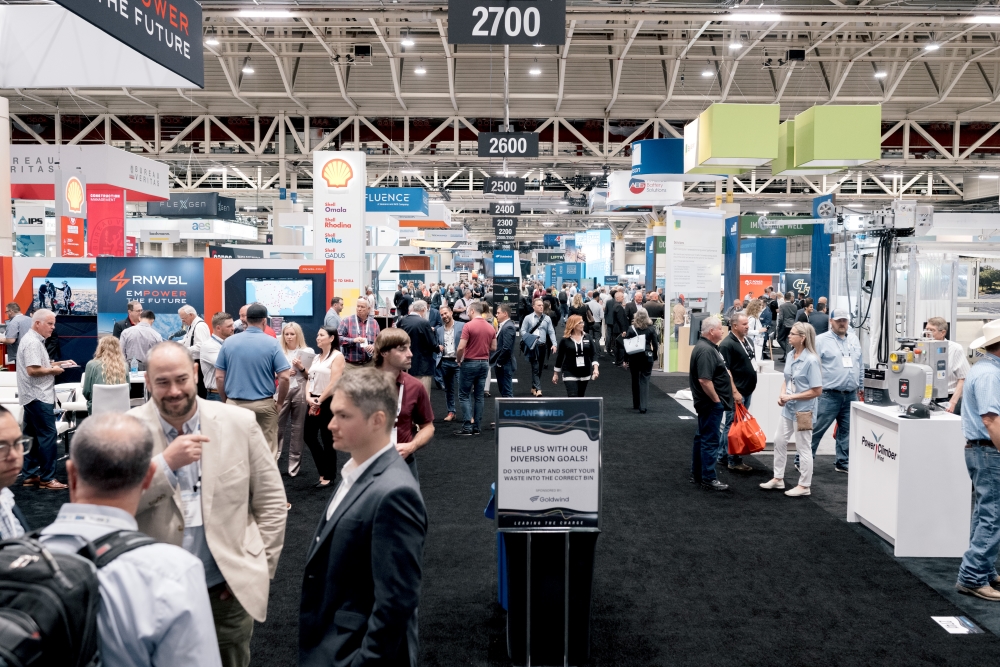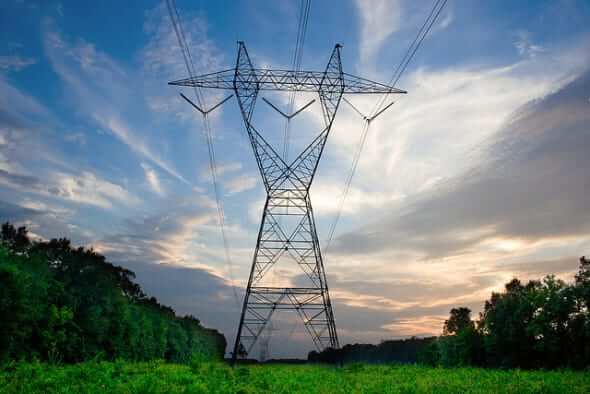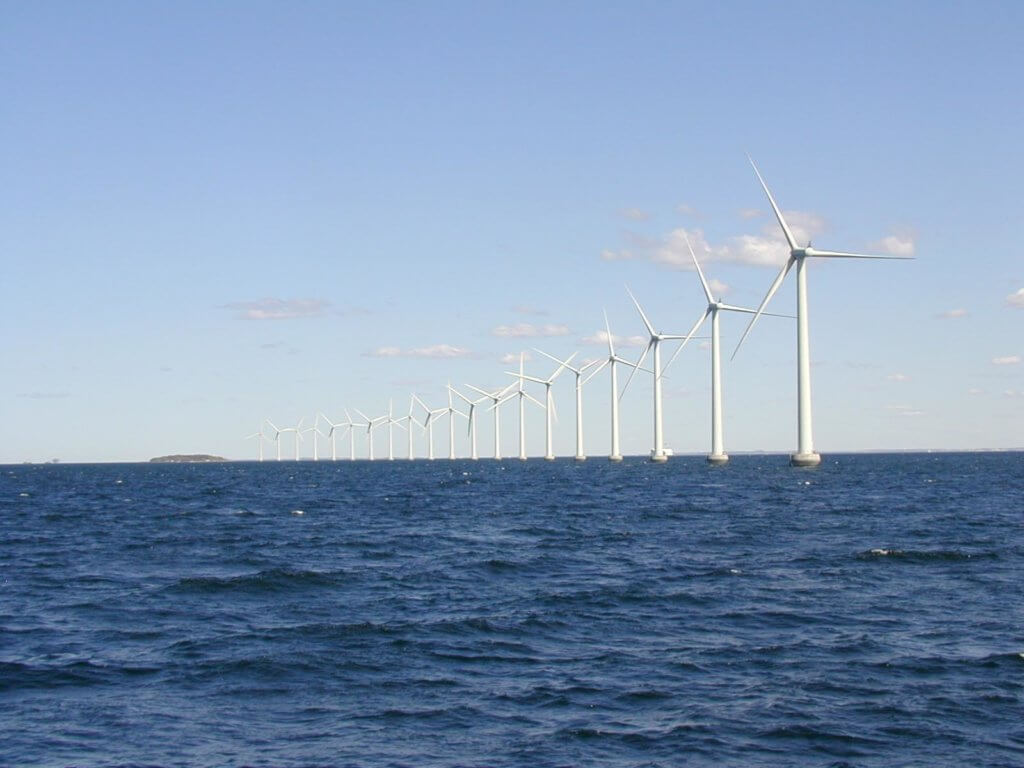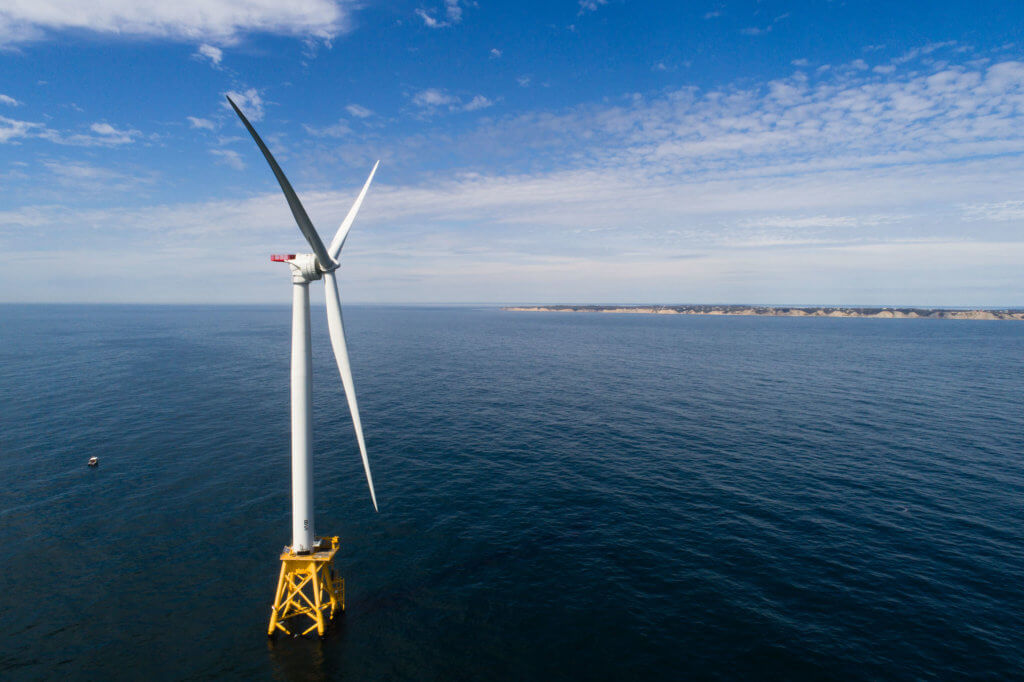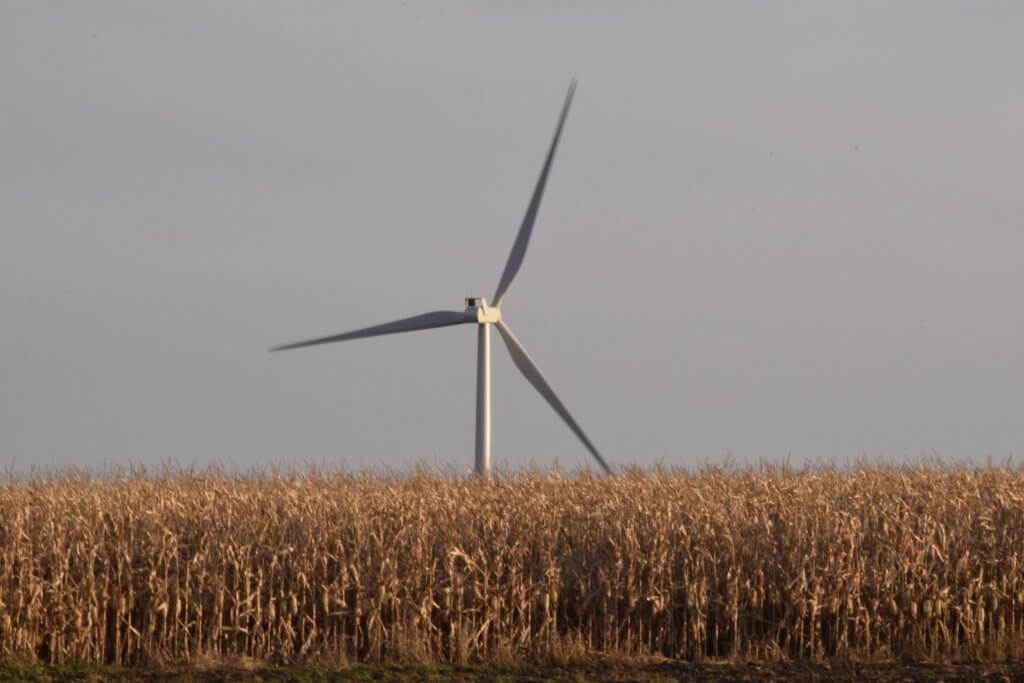Recent Missouri decision is a case in point for the need for a federal role in transmission
Unlike natural gas pipelines, electric infrastructure is handled state by state. This can be a problem when policy makers in those states are excessively influenced by local special interest groups, at the expense of larger state and regional interests.
The recent 3-2 vote by the Missouri Public Service Commission to deny Clean Line Energy’s application for a transmission project that would move energy from Kansas wind farms to Missouri, Illinois, and surrounding states is a perfect case in point. The project would bring significant benefits to the region, and to the state. The $2.2 Billion project would deliver 4,000 megawatts of low-cost, clean power – enough to power 1.6 million homes each year. It would also create 1,315 construction jobs annually during the three year construction of the Grain Belt Express. The wind farms that are built in association with the Grain Belt Express would add an additional 1,300 to 3,900 Missouri jobs in manufacturing and associated industries. Furthermore, it would provide $6.4 million in property taxes to Missouri communities in the first year of operation alone, which can help provide money for new or upgraded schools, roads, and other infrastructure. It is even paid for by participants in the project, not by ratepayers who aren’t using it.
As the President and CEO of the Missouri Chamber of Commerce and Industry, Daniel Mehan, put it, “Wind energy is an important part of our energy portfolio and we are excited that Missouri will play a role in providing that energy through the Grain Belt Express Clean Line. Providing an additional cleaner, cheaper and more abundant energy is a good thing for business and Missouri consumers and we are committed to this opportunity.”
Despite these clear benefits to Missouri and the region, the Missouri Public Service Commission chose not to approve Clean Line’s application. They cited local landowner concerns and took account only of in-state costs and benefits, not benefits to other states.
With this reasoning, building electric transmission infrastructure through Missouri has a bleak future, as does accessing some of the best wind energy resources in the country just to the west.
The electric industry is transforming and regional solutions will be a major part of the future. The Environmental Protection Agency’s Clean Power Plan will require utility-scale renewables and high voltage interstate transmission in order to maximize both environmental and economic value, according to numerous analyses.
To meet this plan in the most economical way, states will need cooperative neighbors. One state may have great wind resources and want the economic development of new wind farms, while another may want to import that clean, affordable power. Currently, any state that is separating them can block them from proceeding with mutually beneficial transmission lines. Attempts by Congress to increase the federal role in transmission in the Energy Policy Act of 2005 have not yet translated into action, and some provisions have been rendered unworkable by court decisions.
It is time to re-visit ways to ensure that needed transmission is built in a timely manner, including providing the federal government backstop decision-making authority for transmission that serves a broader national interest and benefits the most states and regions.
